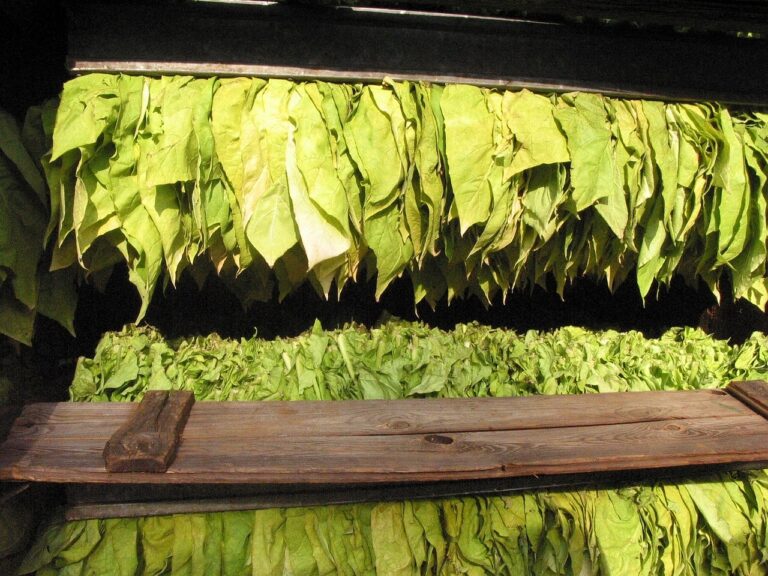The Impact of Biotechnology on Agricultural Education
11xplay.com login, india24bet 24, skyexchange fair: Biotechnology has had a profound impact on agricultural education in recent years. As technology continues to advance, the way we approach farming and food production has evolved significantly. In this blog post, we will explore how biotechnology is shaping the future of agricultural education and why it is essential for students to understand these concepts.
1. Introduction to Biotechnology in Agriculture
Biotechnology refers to the use of biological processes or organisms to develop products or improve existing ones. In agriculture, biotechnology plays a crucial role in enhancing crop yields, improving plant resilience to diseases and pests, and reducing the environmental impact of farming practices.
2. Importance of Biotechnology in Agricultural Education
It is crucial for students studying agriculture to have a solid understanding of biotechnology. By learning about the latest advancements in this field, students can develop innovative solutions to address the challenges facing the agricultural industry, such as food security and sustainability.
3. Biotechnology in Crop Improvement
One of the most significant applications of biotechnology in agriculture is crop improvement. Through techniques such as genetic engineering and breeding, scientists can develop crops that are more nutritious, resistant to pests, and able to thrive in challenging environments.
4. Sustainable Agriculture Practices
Biotechnology also plays a key role in promoting sustainable agriculture practices. By developing crops that require fewer inputs such as water, pesticides, and fertilizers, biotechnology can help reduce the environmental impact of farming and ensure the long-term viability of our food supply.
5. Career Opportunities in Agricultural Biotechnology
As the demand for sustainable and innovative agricultural practices continues to grow, there is a need for skilled professionals in the field of agricultural biotechnology. Students who specialize in this area can pursue careers in research, development, and implementation of biotechnological solutions for agriculture.
6. Collaboration with Industry Partners
Many agricultural education programs have forged partnerships with industry leaders in biotechnology to provide students with hands-on training and real-world experience. These collaborations help students gain valuable insights into the latest trends and technologies in the field.
FAQs:
Q: How does biotechnology affect food safety?
A: Biotechnology plays a crucial role in improving food safety by developing crops that are resistant to diseases and pests, reducing the need for harmful pesticides.
Q: What are the ethical considerations surrounding biotechnology in agriculture?
A: Ethical considerations surrounding biotechnology in agriculture include concerns about genetically modified organisms (GMOs) and the potential impact on biodiversity and ecosystem health.
Q: How can students get involved in agricultural biotechnology research?
A: Students can get involved in agricultural biotechnology research through internships, research projects, and collaborations with industry partners.
In conclusion, biotechnology is revolutionizing the field of agriculture and shaping the future of food production. By incorporating biotechnological concepts into agricultural education, students can gain valuable insights into the latest advancements in the field and prepare themselves for exciting careers in sustainable agriculture.







